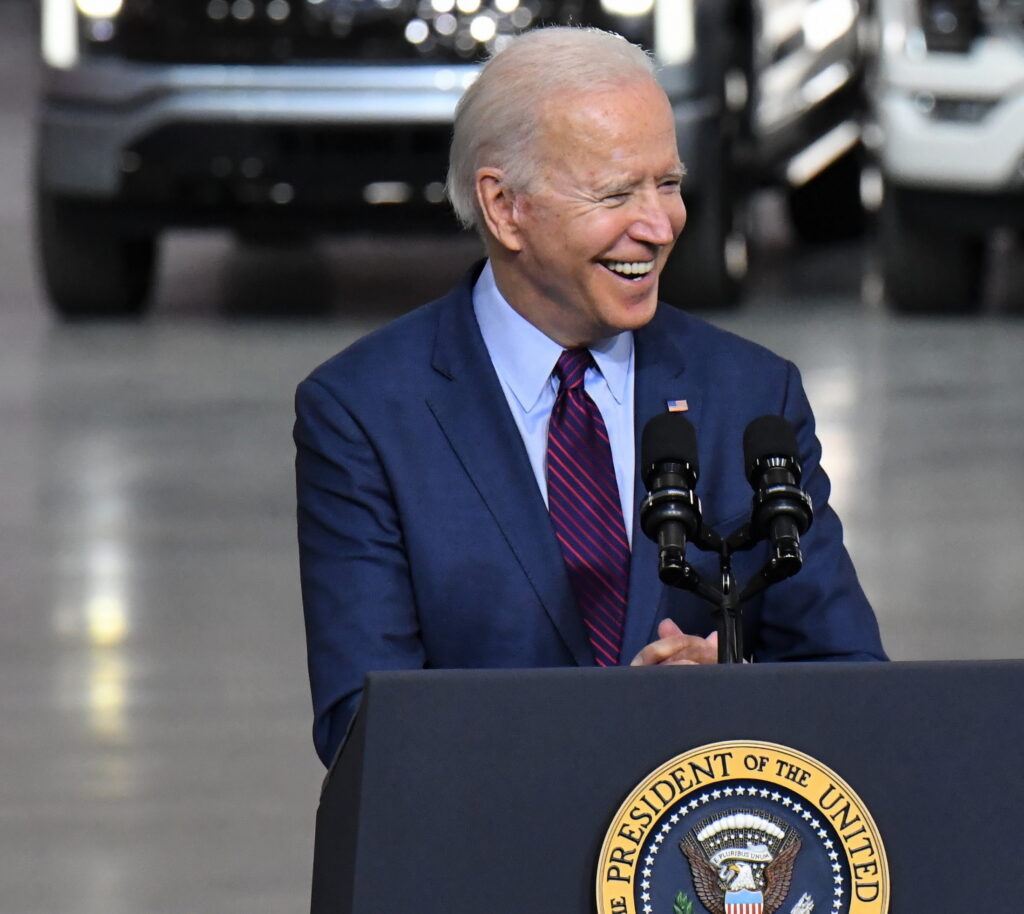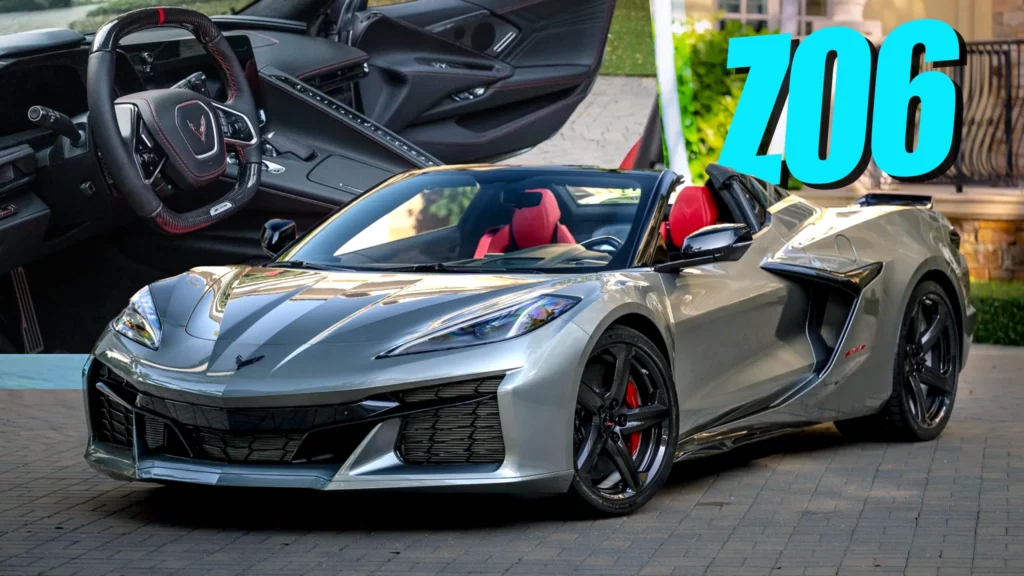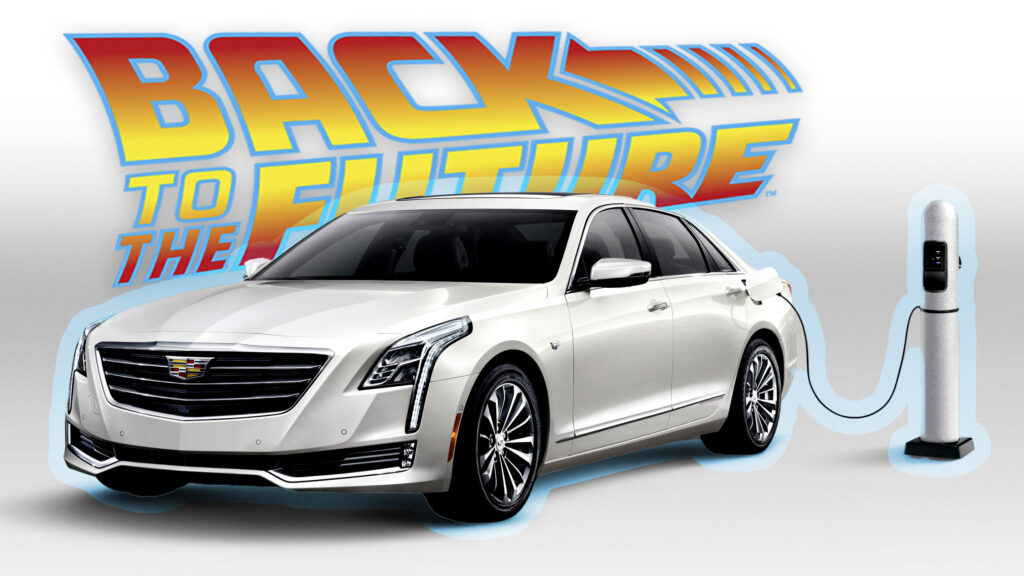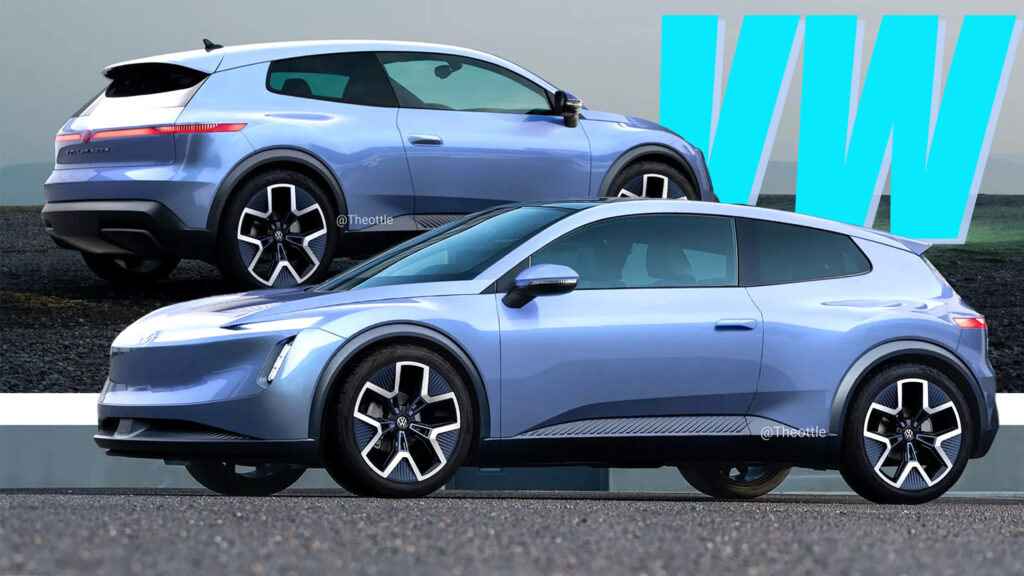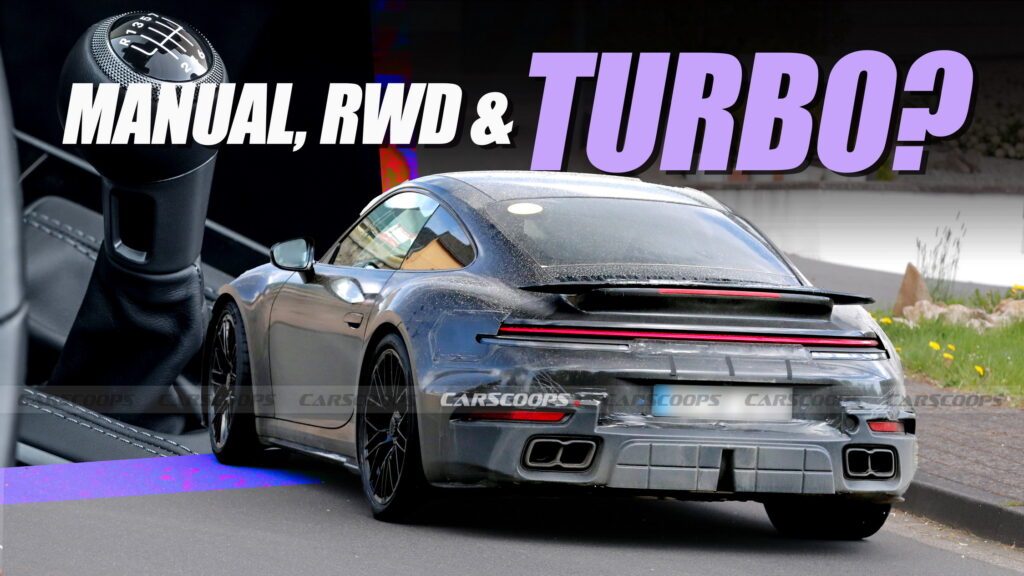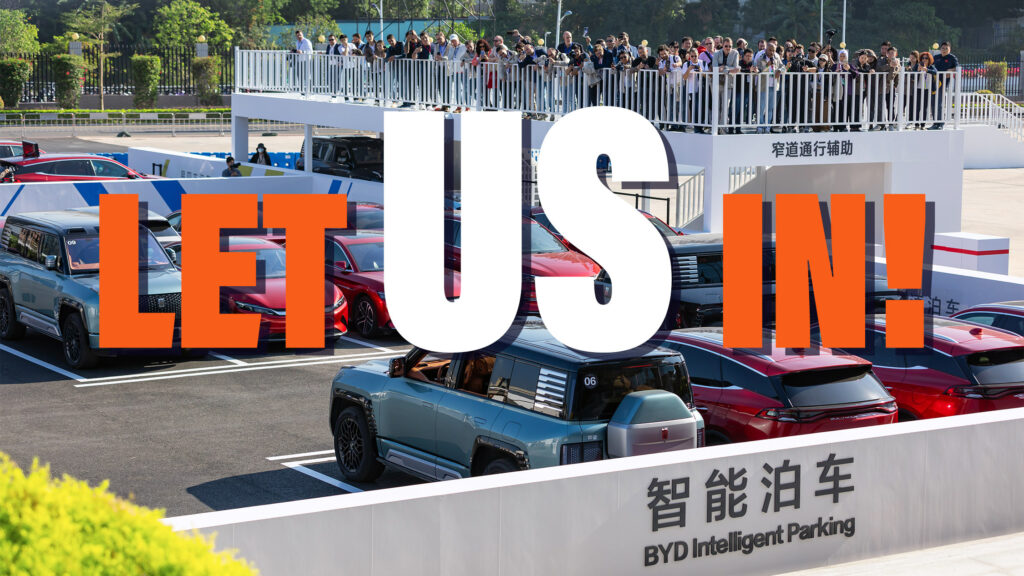- China will dispute the Inflation Reduction Act (IRA) at the World Trade Organization, claims all it wants is a fair playing field in the EV market.
- Under the IRA, EVs must meet certain requirements to be eligible for the $7,500 subsidy – and Chinese models don’t.
- President Joe Biden has asked the commerce department to investigate whether Chinese-made vehicles pose a national security threat to the U.S.
A new front in the trade war between the U.S. and China has opened, as the latter has initiated dispute settlement proceedings at the World Trade Organization, calling subsidies for electric vehicles introduced under the Inflation Reduction Act “discriminatory.”
China claims that the IRA has resulted in the exclusion of its goods, as well as those from other WTO countries, from the U.S. The complainant added that it is launching this legal challenge to safeguard its interests in the electric vehicle industry.
“Under the disguise of responding to climate change, reducing carbon emission and protecting the environment, (these subsidies) are in fact contingent upon the purchase and use of goods from the United States, or imported from certain particular regions,” Chinese representatives said, per Reuters. It is launching these proceedings “to maintain a fair level playing field of competition for the global market.”
Read: Trump Threatens To Impose 100% Tariff On Chinese Cars Made In Mexico
Under the IRA, consumers interested in buying certain green vehicles are offered up to $7,500 in federal tax rebates. The subsidy is part of the White House’s efforts to make electric (and low emissions) vehicles more attractive to buyers. However, in order to qualify for the incentive, the vehicle in question must meet certain requirements, including being assembled in North America, and having the majority of its battery components sourced from the U.S. or one of its allies.
China’s Ministry of Commerce said that the act has created “discriminatory policies” that “distort fair competition,” per SCMP. It argues that America’s policy violates WTO principles and disrupts industrial and supply chains. It is calling on the U.S. to “respect the development trend of the global new energy vehicle industry and rectify” its policies.

The move comes at a tense time for the two nations. President Joe Biden has called on the commerce department to investigate Chinese vehicles’ impact on national security, and reports suggest that he is considering new measures to discourage Chinese automakers from setting up plants in Mexico to circumvent the current 25 tariff on their vehicles.
That, in combination with the anti-subsidy probe that the European Union has launched against China, could spell trouble for the nation’s EV sector. Although it experienced 77.6 percent growth in 2023, fears of market saturation at home, and unfavorable trade conditions could lead its growth to become stunted in 2024.
China’s dispute has been launched ahead of the U.S. Treasury Secretary Janet Yellen’s planned trip to the country, next month. However, this complaint is unlikely to have an immediate impact on the U.S.
Disputes like this one are supposed to take six months to complete, but often take longer. If the WTO did find in favor of China, America would likely appeal the decision, which would push it into a legal void, as the international body’s appeals board hasn’t functioned since 2019, when the U.S. opposed its judge appointments.
